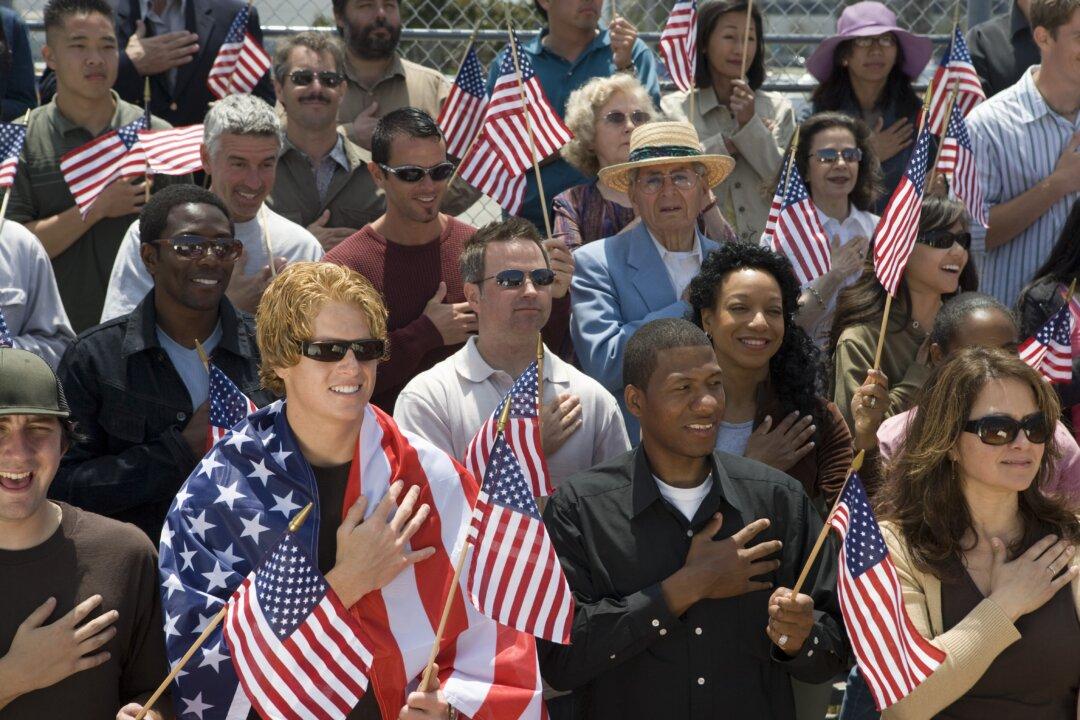“I hear America singing,” the poet Walt Whitman once wrote.
Given the pandemic shutdowns, a summer of riots in some of our large cities, and an election so bitterly fought that it could make vinegar taste sweet, America isn’t exactly bursting into song these days. The general mood in our land is bitter and angry, and as glum as a man with a hangover at a funeral. Most folks, I suspect, may listen to music, but unlike Whitman, I don’t hear America singing.






